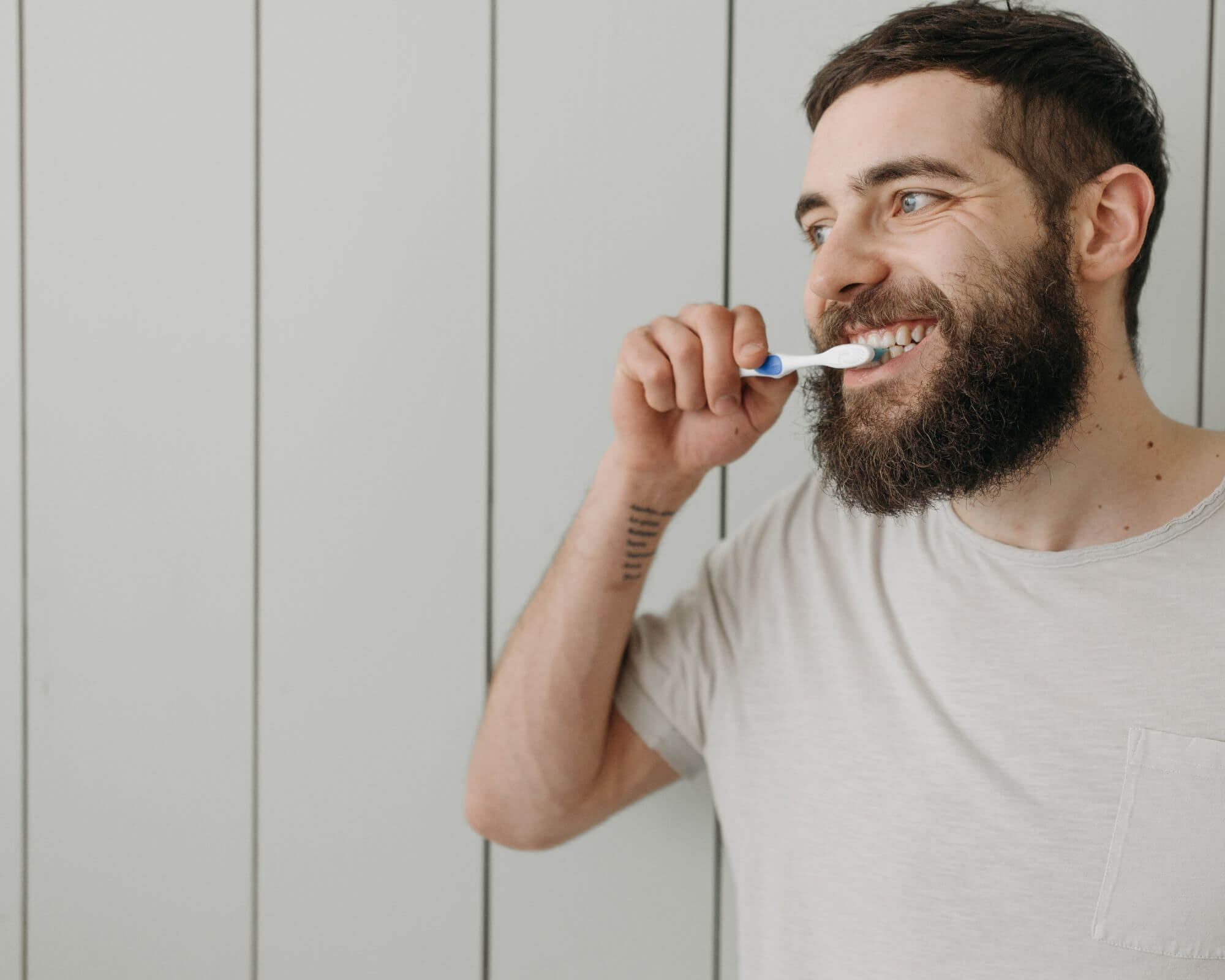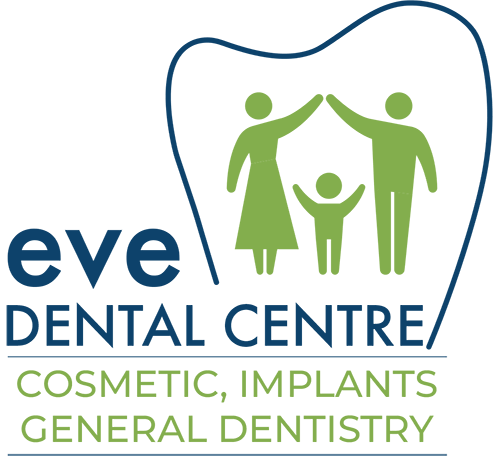Tips for Oral Hygiene: A Guide to a Healthier Smile
Oral hygiene is more than just brushing your teeth. It involves a combination of daily habits, proper technique, and regular dental visits. From choosing the right toothbrush and toothpaste to flossing and avoiding sugary foods, small daily actions can make a big difference. This (Tips for Oral Hygiene) guide will walk you through easy-to-follow tips that promote cleaner teeth, healthier gums, and a confident smile.
Good oral hygiene is essential for maintaining a bright smile, fresh breath, and overall well-being. Proper dental care not only prevents cavities, disease, and gum infection but also contributes to better overall health.
Whether you’re looking to improve your daily routine or seeking professional advice, following these simple tips can help keep your teeth and gums in top condition.
Benefits of Good Oral Hygiene
- Prevents Cavities and Tooth Decay: Reduces plaque buildup and protects tooth enamel.
- Fights Gum Disease: Keeps gums healthy and reduces the risk of gingivitis and periodontitis.
- Freshens Breath: Eliminates bacteria that cause bad breath.
- Boosts Confidence: A clean, bright smile enhances your appearance and self-esteem.
- Improves Overall Health: Helps prevent systemic issues like heart disease, stroke, and diabetes complications.
- Saves Money Long-Term: Preventive care reduces the need for costly dental procedures.
- Supports Better Digestion: Chewing properly with healthy teeth aids the digestive process.
Daily Oral Care Routine
People very conscious about their health and fitness often ignore their oral health. Oral hygiene is as important as your well-being.
We ignore it sometimes due to negligence, and sometimes due to ignorance. Hence, the consequences are hazardous.
- Brushing Twice a Day: Use a soft-bristled toothbrush and fluoride toothpaste to clean your teeth at least twice a day. Brush for at least two minutes, covering all surfaces of your teeth, including the front, back, and chewing surfaces.
- Flossing Daily: Flossing removes plaque and food particles from between teeth where a toothbrush can’t reach. Make sure to floss gently to avoid damaging your gums.
- Using Mouthwash: A fluoride or antibacterial mouthwash can help reduce plaque, prevent cavities, and freshen your breath. Choose an alcohol-free option if you have sensitive gums.

Diet and Oral Health
What you eat plays a significant role in your dental health. Following practical tips for oral hygiene, like maintaining a balanced diet, not only helps strengthen your teeth and gums but also reduces the risk of decay.
Best Foods for Healthy Teeth
- Dairy products like milk, cheese, and yoghurt help strengthen enamel.
- Crunchy fruits and vegetables, such as apples and carrots, stimulate saliva production, which helps clean teeth naturally.
- Leafy greens like spinach and kale provide essential vitamins for gum health.
Foods to Avoid
- Sugary snacks and drinks contribute to tooth decay.
- Sticky foods like caramel and dried fruit can get stuck in teeth, promoting plaque buildup.
- Acidic beverages, including soft drinks and citrus juices, can weaken enamel over time.
Importance of Regular Dental Check-Ups
Routine dental check-ups are essential for maintaining long-term oral health. It’s recommended to visit a dentist every six months for preventive care, professional cleaning, and early detection of any issues. If you’re looking for effective ways to maintain healthy teeth and gums or wondering how to improve your daily oral hygiene routine, regular dental visits are one of the top tips for keeping your smile in great shape:
- Professional Cleaning: Removes plaque and tartar that brushing alone can’t eliminate.
- Early Detection of Issues: Regular check-ups help catch cavities, gum disease, and other oral health concerns before they become severe.
- Personalised Advice: Your dentist can provide tailored recommendations to improve your oral hygiene.
If you’re looking for expert dental care, Cranbourne North Family Dental offers comprehensive services to help keep your smile healthy and bright.
Below are some tested tips to get rid of the bad breath:
- Stay Hydrated: Drinking water helps reduce mouth dryness. Our saliva plays an important role in keeping our mouth hydrated. When we are taking more and more water, the bacteria cannot thrive. When we sleep at night for a long time, our mouth naturally dries out and causing bad breath. Having a lot of water encourages saliva production, which reduces bad breath.
- Practice a good mouth cleaning system: First of all, a good manual Oral Hygiene system should be followed, which includes proper brushing, cleaning, and flossing. Apart from that, you should visit for a dental check-up every 6 months. A little attention and care can save your teeth.
- Use mouth freshener: If you are facing a bad smell in the regular course of life, you can use a mouth freshener or chewing gum to avoid the same. Often, it has been experienced that people who talk much or very little face the problem of bad breath.
- Eat more Yogurt: Hydrogen sulfide causes bad breath in the human body. Yogurt reduces the level of it and keeps bad mouth odour at bay.
- Pineapple juice: Taking citrus fruits and juices like Pineapple juice, grapes, and oranges may reduce the bad mouth odour.
- Milk and green tea: It is suggestible to add milk and green tea to your diet if you are struggling with a stinky breath problem.
The reason for foul breath is the gum problem. Plaque is the main reason for the issue. Plaque comes from mucus, bacteria, and unlearned food particles that remain in the mouth.
Foul odour breath is the result of an unclean mouth. Following a proper method of brushing, cleaning, and flossing, one can reduce the development of plaque.
Special Oral Care Tips for Different Age Groups
Each stage of life comes with unique oral health needs.
- Children: Start brushing as soon as the first tooth appears. Use a child-friendly toothbrush and fluoride toothpaste in small amounts. Regular check-ups help prevent cavities and ensure proper development.
- Adults: Prevent gum disease by maintaining a good oral care routine. Pay attention to signs of bleeding gums, sensitivity, or bad breath, as these could indicate underlying issues.
- Seniors: If you wear dentures, clean them daily to prevent infections. Dry mouth is common in older adults, so staying hydrated and using saliva substitutes can help.
At Eve Dental Centre, we offer comprehensive dental care tailored to your needs from routine check-ups and professional teeth cleaning to cosmetic dentistry, root canal treatment, and emergency dental services.
Our experienced dentists are just a phone call away, ready to help you maintain optimal oral health. Book an appointment today and discover why we’re known for delivering reliable, affordable, and family-friendly dental services in your area. Keep your smile healthy and bright with Eve Dental Centre.



